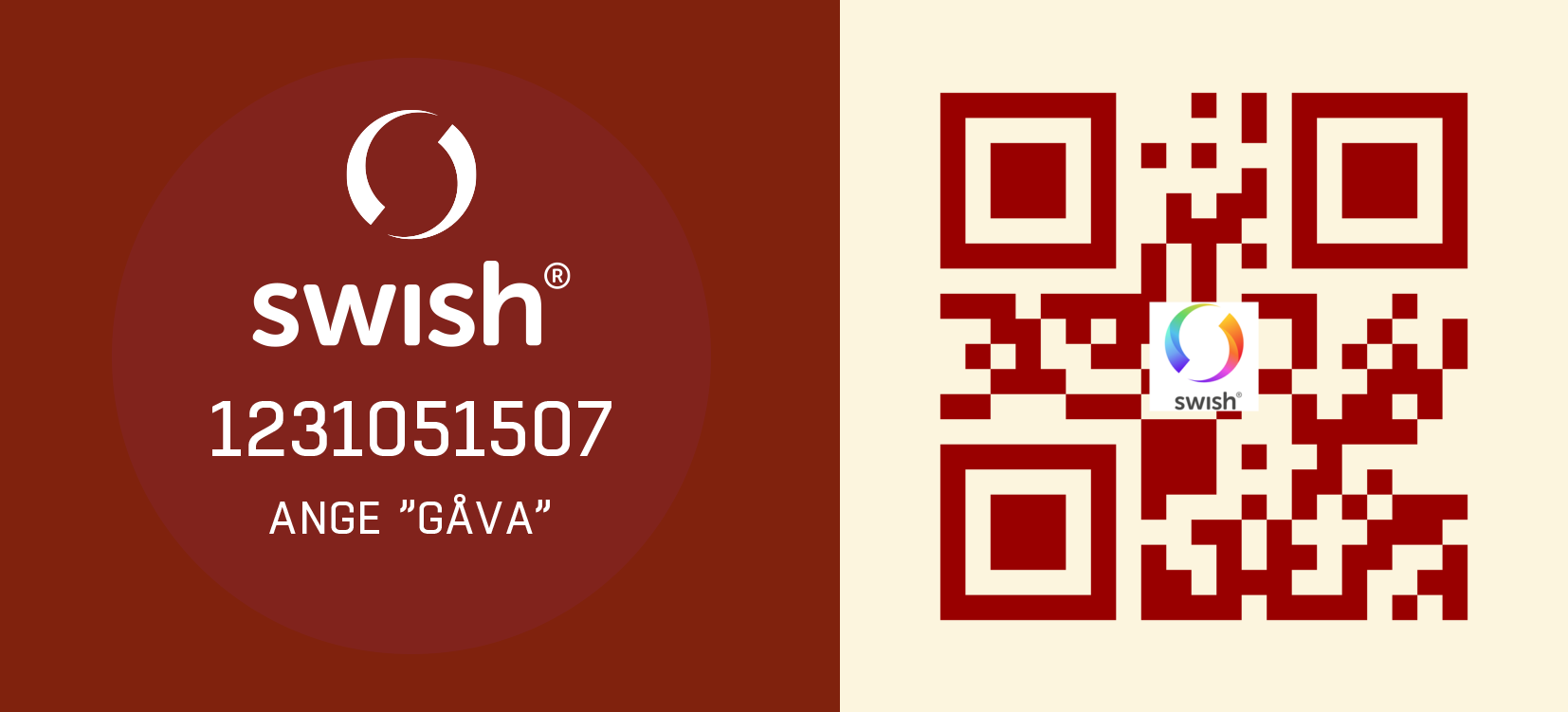7th Sunday of Easter A
This is eternal life: that they know you, the only true God, and him whom you have sent, Jesus Christ (John 17).
What knowledge do we need?
Knowledge is power, says a saying: And of course, it is. Those who have knowledge have an advantage over those who do not. With knowledge I can acquire an advantageous position in politics (knowledge of conditions, people, the opponent) or economics (specialist knowledge) or the university… I can exercise power over others or shaping power.
Knowledge is a burden, it is an experience: The more I can and know, the more responsibility I often get. You can do it! So, you can’t do it? How to apply all the knowledge we have when it comes to biology, physics, or chemistry? The moral problems that scientific progress produces are immense. It is not first about the question “What can we do?” in means of our possibilities but about the question “What are we allowed to do?”
Knowledge is too much: Perhaps we often sigh at the immense amount of knowledge. Since almost 300,000 years ago, we have piled knowledge upon knowledge. One search word on Google and you drown in the many hits. Too much to handle.
Criteria: And precisely that raises the question of what criteria we apply when we choose what knowledge we want to achieve. Do we leave it to chance? Are we governed by search engine algorithms? Or wouldn’t it be worth thinking about sensible criteria.
Jesus (quoting the quote above): It is apparently about a different kind of knowledge. A bit puzzling considering what is considered necessary today. Based on that biblical passage, the Cistercian monk Bernhard of Clairvaux in the 12th century formulates an interesting criterion: Always ask if some knowledge you have or want to gain will help you achieve your life’s goal, i.e., communion with God and all creation? Or as an old nun put it: How does it benefit eternal life? Maybe a little general, but not insignificant criterion.
Think how short your life is! This is another piece of advice, and a criterion Bernhard gives. Our lifetime is limited. What is worth betting on during the time that has expired? I don’t have much time to decide.
The most important thing is to get to know the one and true God, and him whom he has sent. Everything must be measured by this criterion. What does that knowledge promote? What stands against it? Presumably we can opt out of much of what “the world” considers useful to know.
Let us pray for the Holy Spirit, who gives us the ability to distinguish between what is right and wrong, what is favourable and unfavourable, between what is against our eternal good and what promotes our eternal life.
Dominik Terstriep S.J.

